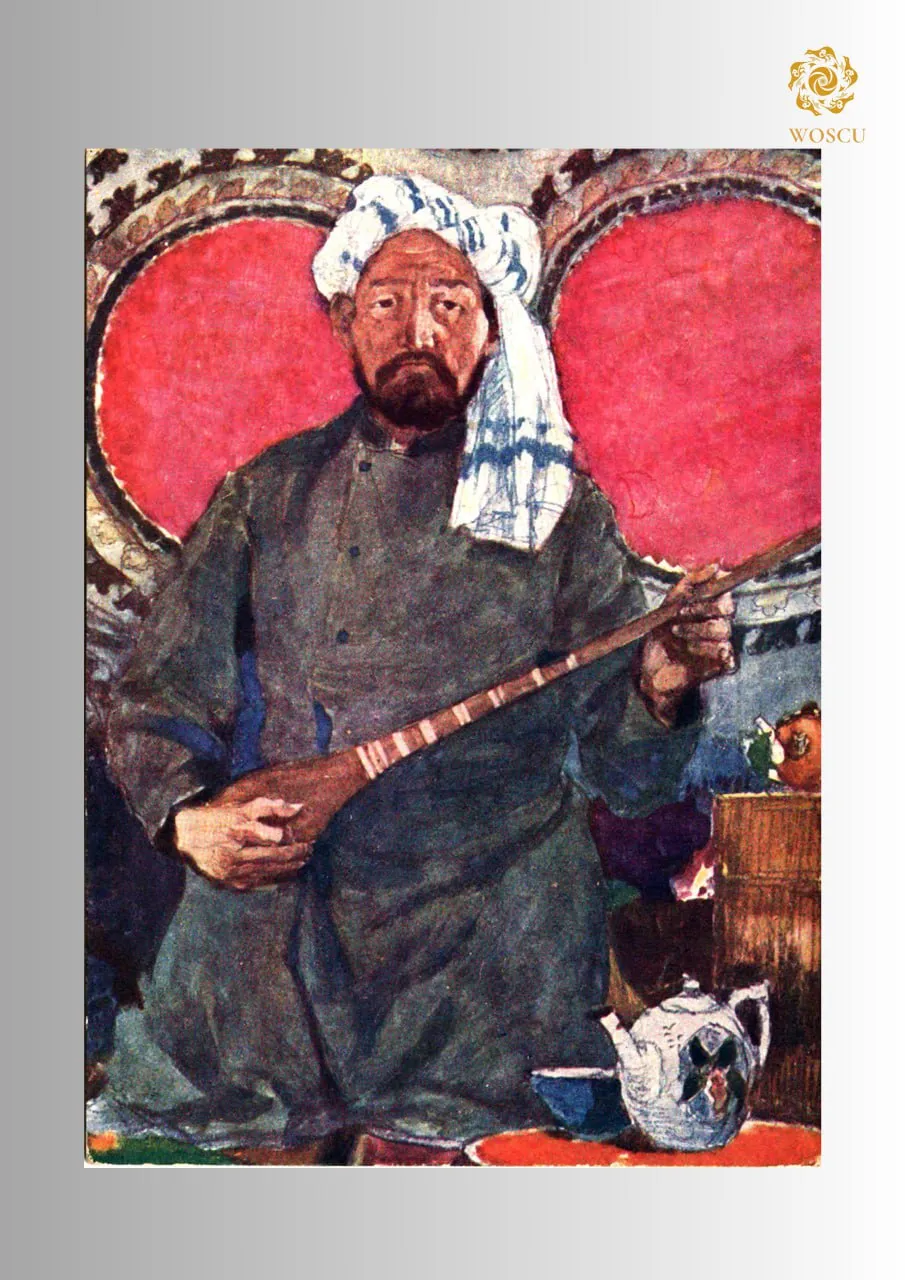
In the first centuries of Islam there existed the practice of offering singers and musicians from Mawarannahr, Khorasan and Iran as gifts and trophies for caliphs and their high officials. They enjoyed great popularity at court and set the tone for musical art in general. The powerful peak of the secular musical trend in the urban culture of the caliphate of the first centuries of Islam was largely brought about by the influence of the previous secular musical traditions in Mawarannahr, Khorasan and Iran. The traditions of refined court feasts (bazms) also continue.
The secular trend of musical art, enriched by the ancient (Greek and Roman) scientific heritage, became the basis for the brilliant development of scientific and musical thought in the 9th – 12th centuries. As is well known, immigrant scholars Abu Nasr al-Farabi, Muhammad al-Khorezmi, Fakhr al-Din Razi and others from Central Asia somehow connected to this region through their work have made its most outstanding contributions. Their works reflect the musical achievements of Mawarannahr in musical instruments, types of setting, old but technically-sophisticated instrumental forms and much more.
Thanks to the famous work of Kai-Kavus (11th century), the Qabus-nama, we know more about one of the popular forms of music of that time – “Mawarannahr couplets” (“Dubaytihayi Mawarannahri”), which tell war and blood, and glorify the endeavours of young adventurers (“A’yar-pishagi”).
You can learn more about the topic in the book-album "The Musical Legacy of Uzbekistan in Collections of the Russian Federation" (Volume VI) from the series "Cultural legacy of Uzbekistan in the world collections".
The general sponsor of the project is the oilfield services company Eriell-Group.
